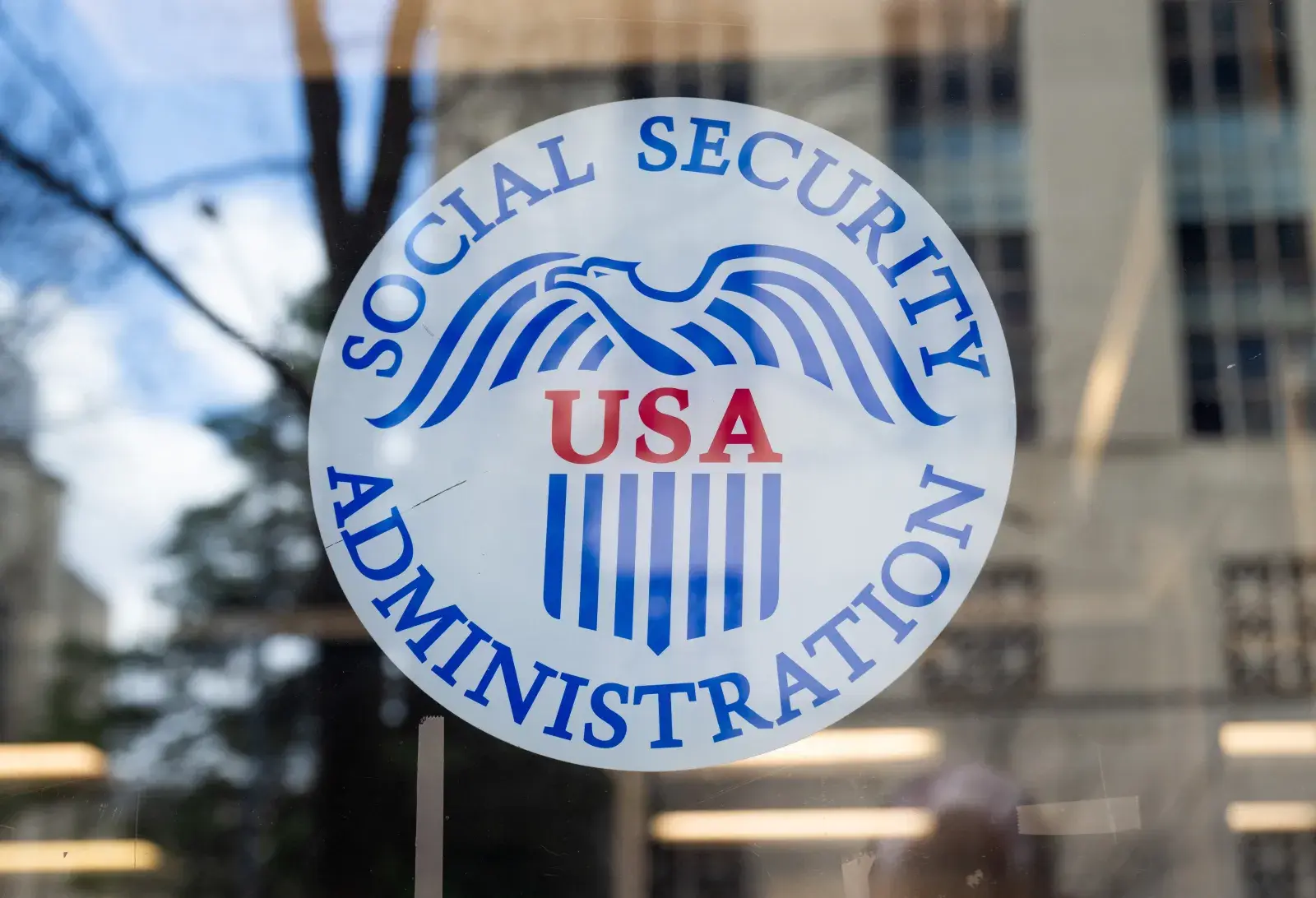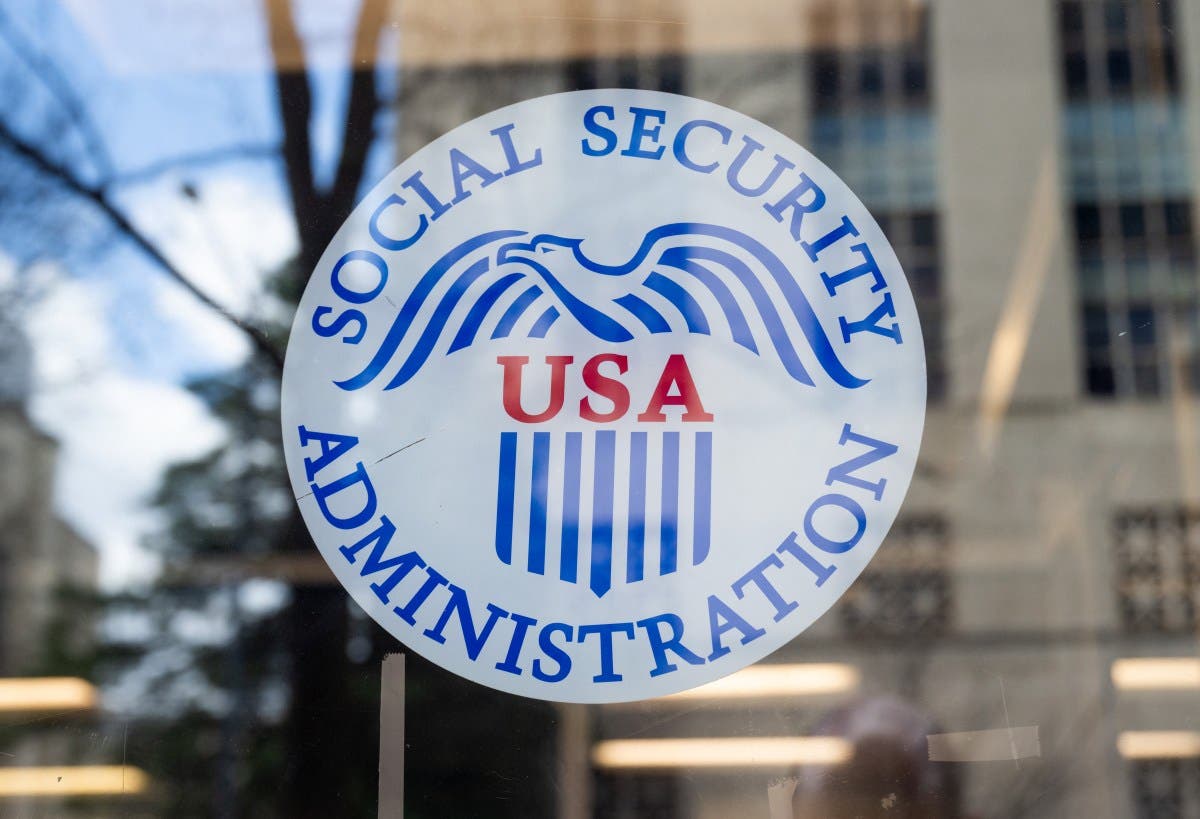The Office of the Inspector General (OIG) for the Social Security Administration (SSA) has released an alert about a new scam affecting seniors relying on retirement benefits each month.
“Warning: The SSA OIG alerts about a government imposter scam using fake Supreme Court letters! Don’t share personal info or money,” the Social Security OIG wrote on X on Wednesday.
Why It Matters
More than 70 million people rely on Social Security benefits each month. With millions of those at retirement age, scams are common with many fraudsters creating compelling tactics to steal one’s identity or money.
Identity theft or stolen funds can occur if someone engages with the scammers, so ignoring letters, texts and calls and reporting it to authorities is essential.
What To Know
The new scam presents itself as an official-looking letter identified as a “certificate” on fake U.S. Supreme Court letterhead using forged signatures of U.S. Supreme Court Chief Justice John Roberts and Associate Supreme Court Justice Sonia Sotomayor.
The letter puts pressure on Americans to cooperate with the SSA official, asking them to send money and share personal information.
It might be convincing to seniors and other recipients as it is personally addressed to them and claims they are a primary suspect in connection with legal proceedings and criminal charges. The letter also alleges that according to findings from SSA and the incorrectly named “Drug Enforcement Agency,” the recipient may have been subjected to identity theft, adding that their Social Security number (SSN) has been compromised.
Some recipients may fall victim to the scam due to the letter’s statement that the Court requested financial institutions to freeze all the recipient’s assets and requires full cooperation with the U.S. Department of the Treasury.
Recipients are also told they cannot maintain a balance exceeding $10,000 in any banking institution or hold $80,000 – $100,000 in any investments or financial institution.
“Falling for this scam, which involves letters, texts, and/or emails pretending to be from the Supreme Court, can lead to identity theft, financial loss, and serious stress. Anyone targeted should avoid clicking links or replying and be sure to verify the claim through official government websites, and report it to the Federal Trade Commission or the Social Security Administration Office of the Inspector General,” Caroline Raker, a registered Social Security analyst and owner of Clarity Financial, told Newsweek. “If you’ve already provided information or money, act quickly to freeze accounts, monitor credit reports, and file a formal fraud report.”
 What People Are Saying
What People Are Saying
Michelle L. Anderson, Acting Inspector General, said in a statement: “On every level this letter is completely false. Scammers continue to exploit fear and confusion by impersonating government agencies and officials. These criminals are falsely accusing an individual of a crime and using federal agencies and federal officials to try to scare and legitimize their scam – if you get this type of letter, rip it up and report it. Be aware of any variations of this scam.”
Transaction Network Services scam expert John Haraburda told Newsweek: “This SCOTUS Scam comes with many of the telltale markers used by fraudsters to appear legitimate – an official looking document from the highest court in the land; personalization to the target with their name and address; and threats of criminal consequences and urgency if the recipient doesn’t comply. Our ongoing analysis find fraudsters are turning more to these multi-pronged scams that integrate voice and text with emails or in this case, physical letters, which means Americans need to be extra vigilant.”
Michael Ryan, a finance expert and the founder of MichaelRyanMoney.com, told Newsweek: “The real damage isn’t just the immediate financial loss (averages $9k per victim according to recent FTC data). It’s the identity theft that follows. Once scammers have your SSN and personal details, they can file fake tax returns, open credit accounts, and even claim your benefits before you do.”
What Happens Next?
If you receive any sort of letter that you think may be suspicious, you should visit ssa.gov/scam to report it, experts say.
“Assume it’s a scam; then pressure test with friends and family, and of course, check for official alerts if this scam is circulating,” Haraburda said. “This is particularly true during times of chaos and uncertainty – like a government shutdown when it becomes harder to reach the very entities that are being impersonated.”

